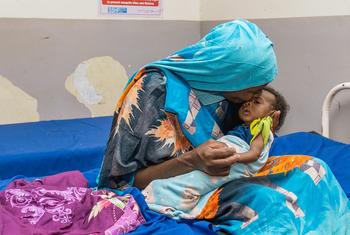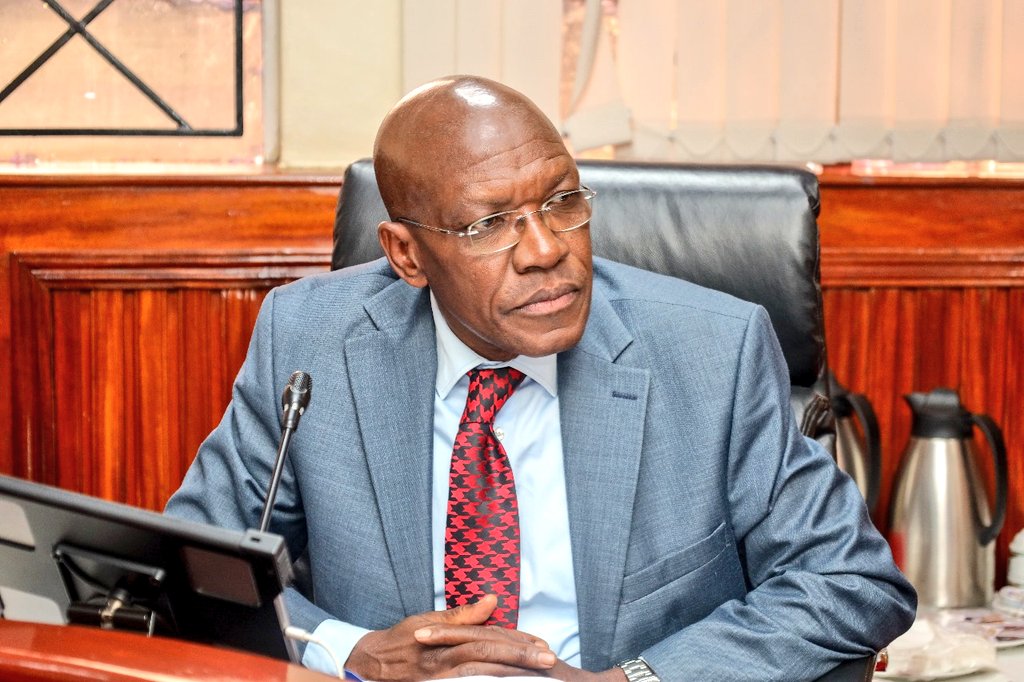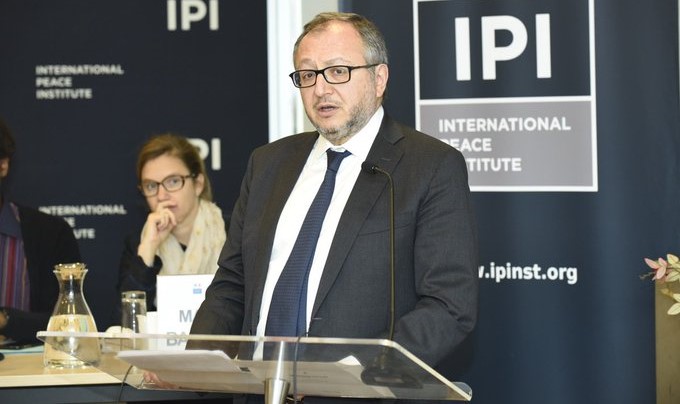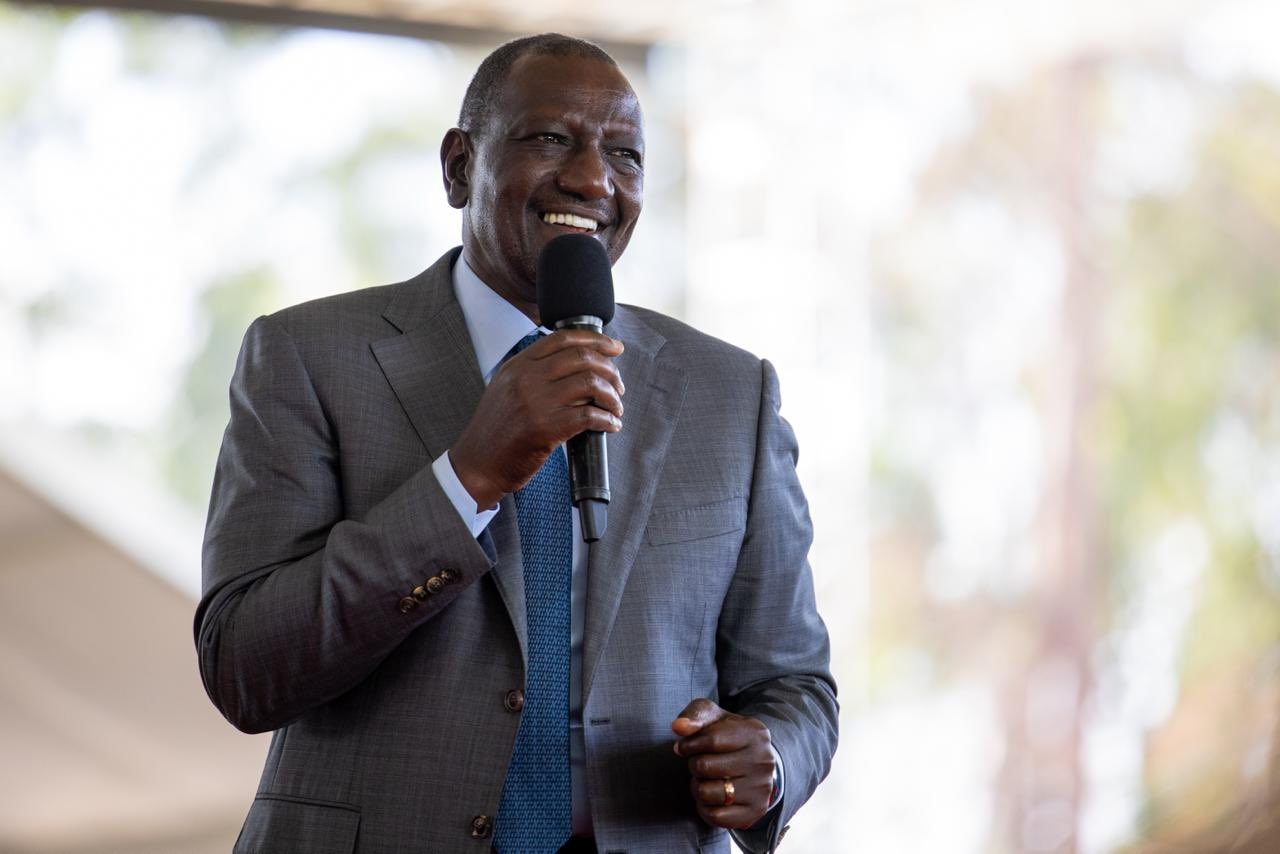Stakes rise for South Sudan: What’s happening, and why it matters

The 2018 Revitalised Peace Agreement was the key safeguard against renewed civil war, but elements of its power-sharing and security provisions are fraying.
South Sudan is entering a period of rising instability marked by political polarisation, renewed armed clashes, and severe humanitarian strain, senior UN officials told the Security Council on Tuesday.
A “breaking point is becoming visible” in the peace process, they cautioned, as core commitments under a landmark 2018 peace agreement stall or go into reverse.
More To Read
- Sexual violence driving mass flight from Sudan to South Sudan: What you need to know
- 1,000 weapon‑wounded patients treated in South Sudan hospitals this year - ICRC
- South Sudan and Somalia eye group stage in FIFA Arab Cup 2025 qualifiers
- From silence to strength: South Sudan women leaders speak out and drive change
- MSF demands protection of civilians after deadly attack in Upper Nile State, South Sudan
- Violence is a normal part of life for many young children: Study traces the mental health impacts
Background to conflict
The 2018 Revitalised Peace Agreement was the key safeguard against renewed civil war, but elements of its power-sharing and security provisions are fraying.
With elections planned for December 2026 across the world’s youngest country, political competition risks igniting violence instead of consolidating peace.
Meanwhile, the war in neighbouring Sudan is making it all worse. Since April 2023, more than 1.2 million people have crossed into South Sudan, further straining already limited systems and resources.
Deepening political tensions
Political reshuffles have weakened inclusive governance structures central to the peace agreement.
The detention and trial of opposition leaders have led to more volatile and polarised politics.
Progress on key transitional tasks – security sector reform, constitution-making and election planning – remains stalled, while regional mechanisms are not de-escalating local tensions.
“The principle of inclusivity that underpinned the agreement appears to have been sacrificed,” said Jean-Pierre Lacroix, head of UN peace operations.
Violence expands across the country
Ceasefire violations and clashes between government forces and opposition elements have intensified in Jonglei, Unity, and Upper Nile states.
Aerial bombardments and riverine operations have been documented, alongside ambushes and retaliatory attacks.
Recent incidents have resulted in civilian casualties, displacement and loss of livelihoods.
“South Sudan shows all the signs of a clear and present danger of relapsing back to full-scale conflict,” said Solomon Ayele Dersso from civil society organization Amani Africa.
Women and girls face heightened risks
Across South Sudan, 7.5 million people face acute food insecurity, while flooding, displacement, and violence continue to worsen humanitarian needs.
There are reports of widespread gender-based violence, including rape, abduction, and forced marriage, with 260 conflict-related cases recorded last year.
Despite leading local peacebuilding efforts, women remain largely excluded from national political processes; the agreed 35 per cent representation quota has not been met.
“There could be no worse time to withdraw support,” said UN Women Executive Director Sima Bahous.
Call for urgent action
UN officials called for immediate cessation of hostilities, renewed political dialogue, protection of civilians and sustained support for the UN peacekeeping mission, UNMISS.
Without decisive action, they warned, South Sudan risks a slide into renewed war – with civilians yet again bearing the heaviest cost.
Top Stories Today













































